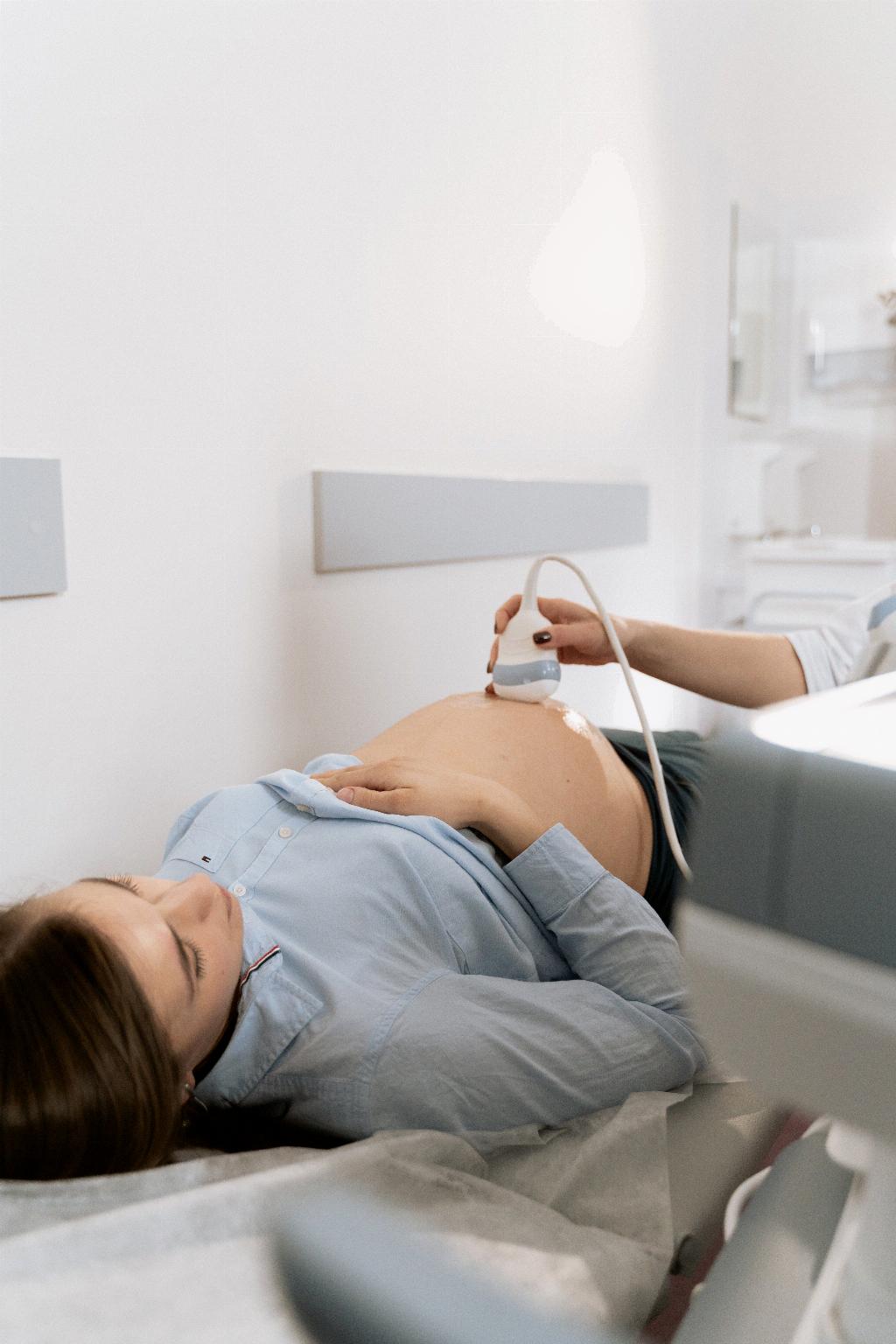Early pregnancy can bring about a myriad of sensations in the abdomen that may be indicative of the exciting journey ahead. While each woman’s experience is unique, there are common symptoms that many may feel during the first trimester.
Nausea and Morning Sickness
One of the most well-known symptoms of early pregnancy is nausea, often referred to as morning sickness. This queasy feeling can strike at any time of the day, not just in the morning. It’s a common sign that your body is adjusting to the changes of pregnancy.
Cramping and Discomfort
Many women experience mild cramping in the early stages of pregnancy, similar to menstrual cramps. This sensation is caused by the uterus expanding and preparing for the growth of the baby. It’s typically nothing to worry about unless it becomes severe or is accompanied by bleeding.
Constipation and Digestive Changes
Hormonal changes during pregnancy can slow down the digestive system, leading to constipation for some women. This can cause discomfort in the abdomen and may be alleviated by staying hydrated and eating fiber-rich foods.
Heartburn and Indigestion
As the uterus expands, it can put pressure on the stomach and intestines, leading to heartburn and indigestion. This burning sensation in the chest may be exacerbated by certain foods or lying down after eating.
Bloating and Gas
Increased progesterone levels can cause the muscles in the digestive tract to relax, leading to bloating and excess gas. This can make the abdomen feel full and uncomfortable, but it’s a common symptom of early pregnancy.
Implantation and Early Symptoms
After fertilization, the egg must implant itself into the uterine wall, which can cause cramping and spotting for some women. These early symptoms can occur as soon as a week after conception and may be the first sign of pregnancy.
Changes in Breasts
While not directly related to the stomach, changes in the breasts can also be an early indication of pregnancy. Swelling, tenderness, and darkening of the nipples are common symptoms that many women experience.
Increased Urination
Early pregnancy can also lead to increased urination as the body produces more fluids to support the growing baby. This frequent need to urinate can put pressure on the bladder and contribute to abdominal discomfort.
Emotional Changes
During early pregnancy, many women experience a rollercoaster of emotions due to hormonal fluctuations. Mood swings, anxiety, and heightened sensitivity are all common responses to the changes happening in the body.
Listening to Your Body
Every pregnancy is different, and it’s important to listen to your body and seek medical advice if you have any concerns about the symptoms you’re experiencing. Your healthcare provider can offer guidance and support throughout this special time in your life.
Conclusion
Early pregnancy can bring about a mix of physical and emotional changes that may manifest in various ways, including sensations in the stomach. By staying informed and taking care of yourself, you can navigate these early symptoms with confidence and prepare for the journey ahead.

